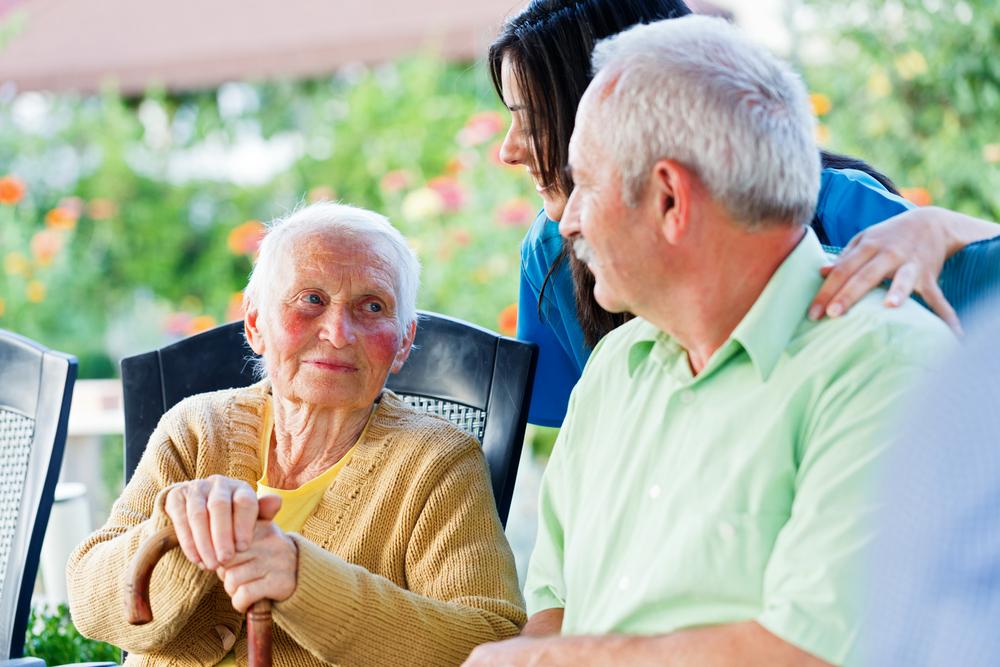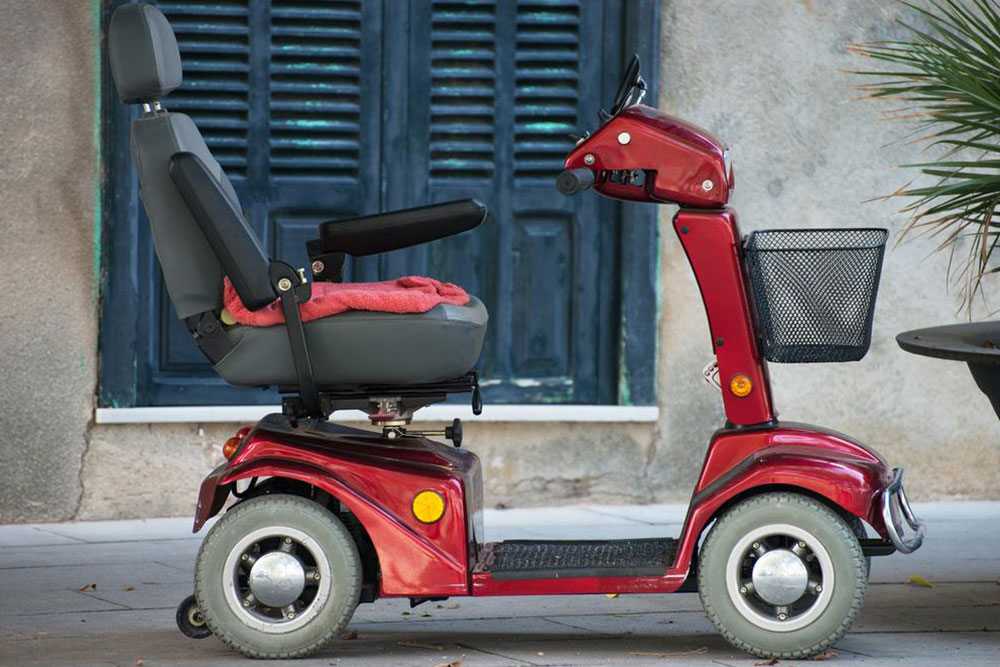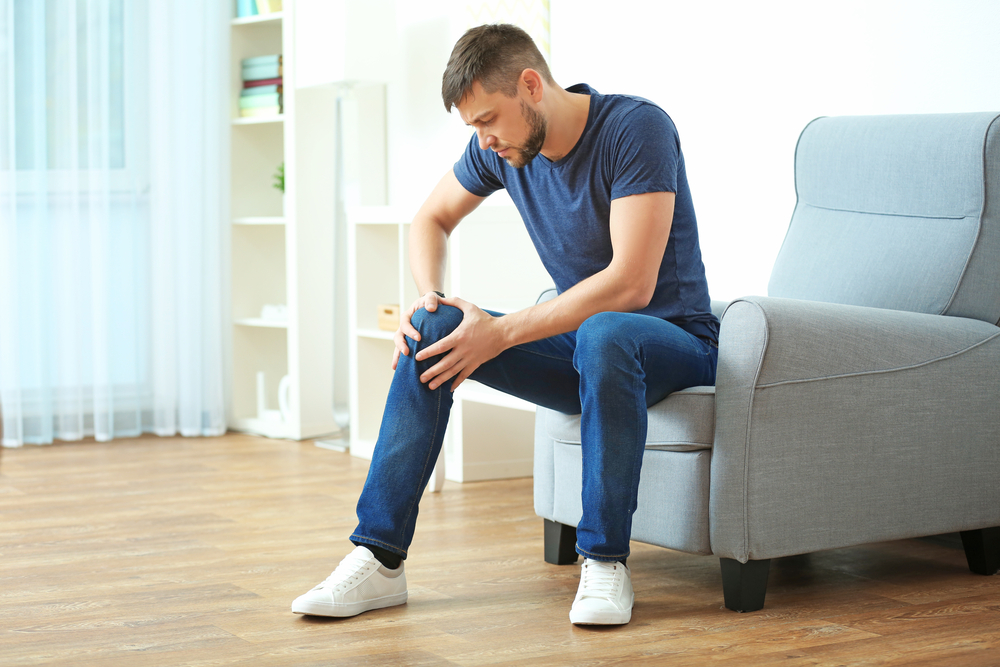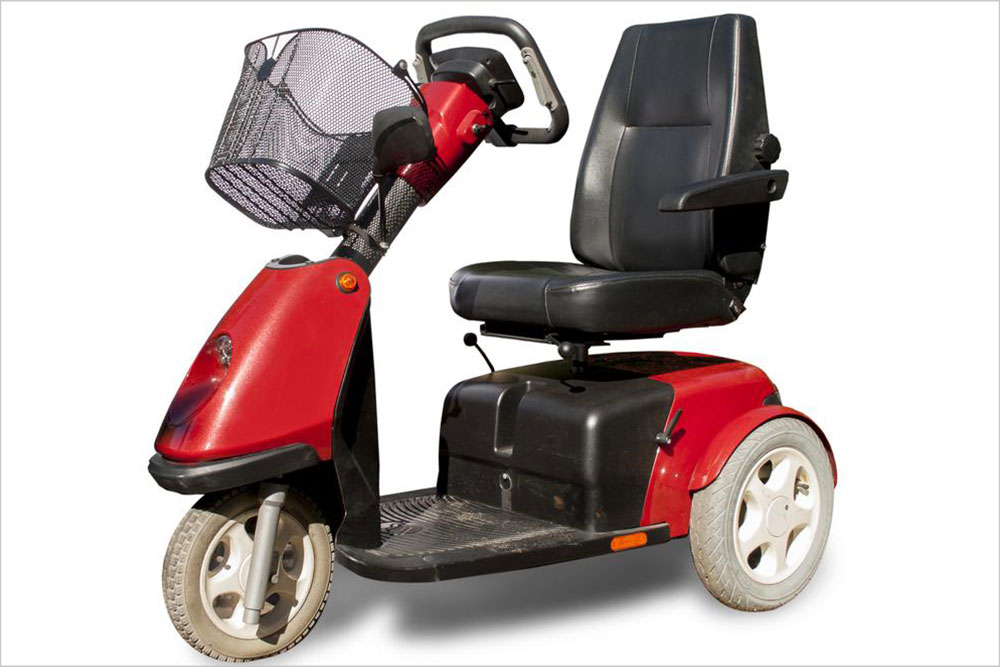Effective Strategies for Managing Dyskinesia Symptoms
Discover effective methods to manage dyskinesia, including lifestyle adjustments, medical treatments, and emerging technology. Learn how to improve daily functioning and quality of life through proper care, support groups, and innovative devices. Stay informed about new developments expected to provide relief for those affected by movement disorders.

Effective Strategies for Managing Dyskinesia Symptoms
Movements disorders are often depicted in movies and documentaries, highlighting the daily challenges faced by those affected. Such portrayals help reduce stigma and increase awareness, encouraging patients to actively manage their condition. Individuals with dyskinesia may struggle with simple activities like reading, holding a phone, using devices, dressing, walking, or eating. While medication adjustments can offer temporary relief, they are not a cure.
Reading
Phone handling
Using computers
Getting dressed
Walking steadily
Eating
Managing dyskinesia involves a combination of lifestyle choices and medical support to improve daily functioning.
Adjustments in medications, such as slowly changing antipsychotic drugs, can trigger or worsen symptoms, requiring cautious management. Healthcare providers focus on symptom control, helping individuals lead healthier, more active lives. Patients can adopt several strategies to enhance their quality of life.
Maintain good health: Staying physically healthy through proper diet, medication adherence, and adequate sleep helps mitigate dyskinesia effects and promotes overall well-being.
Proper nutrition: Consuming a balanced diet on schedule is vital. For those with chewing difficulties, soft or easily swallowed foods are recommended.
Exercise regularly: Light, consistent physical activity like walking or swimming can strengthen affected muscles and improve mobility. Spending time outdoors can boost mood and energy levels.
Stress reduction: Since stress often exacerbates symptoms, activities like yoga, tai-chi, listening to music, or socializing can help manage anxiety and prevent flare-ups.
Support networks: Joining support groups, whether online or local, provides valuable emotional support and information on emerging treatments and assistive technologies.
Emerging Technologies: Researchers are testing new solutions such as NLX-112, a drug expected to be FDA-approved soon, aimed at reducing dyskinesia. Wearable sensors, such as smartwatches, can detect involuntary movements, alerting users or caregivers. Innovative devices like sensor-equipped canes, fall-detecting belts with airbags, brain activity helmets, and pillows are under development to prevent injuries and monitor symptoms effectively.










